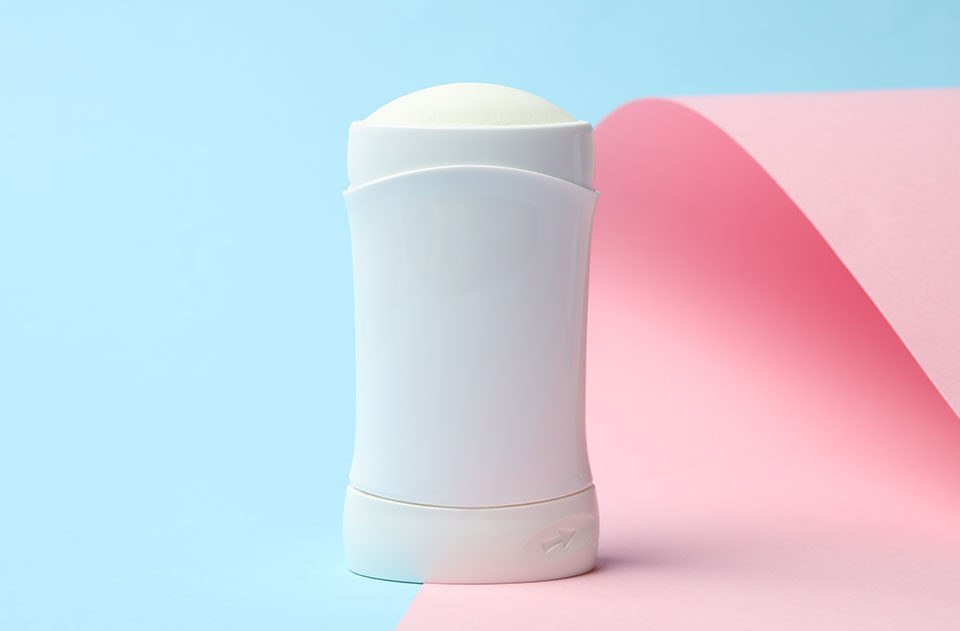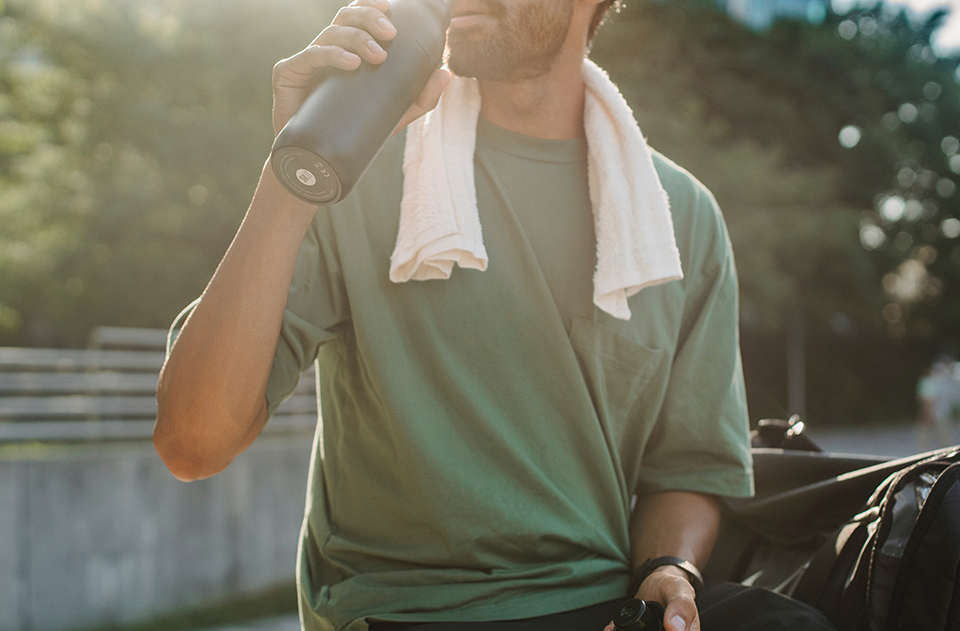What You Should Know About Coronavirus (COVID-19)

Right now, we are all going through very difficult times. It seems as though this virus has taken over the world and no one is sure when life will return to normal. Here’s what we know now about coronavirus and how to protect yourself.
What coronavirus does to the body
The virus can be contracted by people nearby or the virus can land on surfaces that others touch, potentially spreading viral particles from their hands to their eyes, nose or mouth. You can become infected by touching an infected object, or inhaling the particles though your mouth or nose by being in close proximity to them through their breath. The virus can survive on surfaces for a few hours or up to several days. Once inside your throat or nasal passages, the virus binds to your cell’s receptors, allowing it to enter and replicate. Essentially, it steals resources from the host cell to survive. As it multiplies, your body’s immune system is triggered, prompting inflammation and symptoms to begin.
What happens when you get the coronavirus?
When you become infected with coronavirus, symptoms vary depending on the immune response of your body. This can include a sore throat, runny nose, dry cough, sneezing and fever. If the virus passes into your lungs, a cytokine storm occurs, which is massive inflammation and a high production of free radicals as your immune system is trying to fight it. This is an unknown type of pneumonia; leading to chest pain and difficulty breathing. If severe hypoxia, or loss of oxygenation occurs, you will need hospital care. The virus can affect the gut in some people, leading to gastrointestinal distress- such as vomiting and diarrhea. Other symptoms include loss of smell, taste, irregular heartbeat and even confusion.
Who is most at risk for the coronavirus disease?
Because the COVID-19 virus demands your body’s immunity to work against it, those with compromised immune systems are at higher risk, as well as older individuals. This includes serious underlying medical conditions such as diabetes, heart and lung disease, hypertension, obesity, asthma, HIV and a history of respiratory ailments. Data suggests that people 65 years or older are twice as likely to have a serious complication from the coronavirus illness. One in three Americans has prediabetes or diabetes. Over 75% of Americans are overweight or obese. Almost half of U.S. adults have hypertension. Fifteen percent of Americans have chronic kidney disease. These statistics can be catastrophic. These all cause stress on our immune system and therefore our country as a whole has a lot to be concerned about.
What can I do to prevent the coronavirus at home?
The best way to prevent illness is to avoid being exposed to the virus. This means staying at home.
- Clean your hands often. Frequent hand washing for at least 20 seconds especially after you’ve been in a public place, or after sneezing or blowing your nose.
- If soap and water isn’t available, use a hand sanitizer that contains at least 60% alcohol.
- Avoid touching your eyes, nose and mouth.
- Avoid close contact with others. Remember that the disease can be spread through droplets in the air.
- Cover coughs and sneezes. Remember to wash your hands afterwards. Wear a face mask when in public as recommended.
- Clean and disinfect frequently touched surfaces like doorknobs, light switches, tables, keyboards, toilets, faucets and sinks- Daily.
What Social Distancing Means
According to public health officials, social distancing is deliberately increasing the physical space between people to avoid spreading illness. This includes:
- Listening and following the directions from your state and local authorities.
- Avoid any non-essential travel. This means NOT visiting others who do not live with you.
- If you do go out in public, keep at least six feet away from others. Wear a mask especially indoors.
- Avoid visiting nursing homes, retirement or long-term care facilities.
- Stay connected virtually- video call, phone call, text and use social media to reach loved loves. Use the app HouseParty or zoom.
How to prepare your home for extended shelter in place
Think about what you need to stay at home for longer than a week. What will you and your family need?
Food
Prepare to be able to stay at home for at least a week, preferably two. Do you have enough food for everyone in the household, including pets? Right now, non-perishable goods would be something to consider- frozen, canned and dry goods. Fresh produce is important, but remember that they’d have to be consumed in a shorter time frame. I advise sticking up on meat that can be frozen and thawed the day before. Frozen vegetables for steaming or stir-fry. Frozen berries can be added to oatmeal or smoothies (for our non-keto relatives.) Nuts are also a good snack item idea. Any recipes you’d like to try? Buy the needed ingredients. Most importantly, think about others too. DO NOT hoard; there is no need for that.
Medicine
Be sure to have any prescription medications on hand; as well as medicine that can help if someone becomes ill- pain/fever relief, a thermometer, something for stomach aches, nasal spray, vapor rubs. You should also have a basic first aid on hand, just in case. Face masks are also something that you should seriously consider.
Entertainment
You’re going to be indoors for longer than normal periods. Be prepared with reading and hobby material. Board games would also serve as a family bonding experience. If you have kids, what can you do with them that is fun, but also educational?
What you can do to improve your immune system right now and protect against the coronavirus
You may have heard on the news, that you cannot do anything to improve your immune system, or that supplements don’t work. I am here to tell you, that is fake news. We have many studies to show great effects of supplementing with vitamins and diet changes, improving immune function and health outcomes. You can start today. Many Americans have in the past month begun to take their health seriously- they’ve dusted off those supplements they so casually moved to the back shelves and started taking them regularly. If you want to have a decent chance at fighting this virus in your body, now is the time to build up your immune system.
Apart from taking your daily multivitamin , probiotic and omega supplement, I recommend the following:
Vitamin C
Vitamin C plays a major role in the body’s anti-inflammatory response. Studies show that high dosing with vitamin C reported flu and cold symptoms to decrease by 85%. Some hospitals in New York are even treating patients with this vitamin. Even if you aren’t sick, I recommend taking 6000-8000mg, yes, 6000-8000mg daily to boost your immune system. If you get sick double that dose over the entire day. You cannot overdose on vitamin C, so take enough until you are symptom-free. I have a powder Sufficient-C, which is in stock right now, tastes like lemonade!
Vitamin D
Epidemiologic studies have found that high vitamin D3 levels are associated with lower risk of infections of the upper respiratory tract. 10,000 iu/day of vitamin D3 supplementation is found to significantly increase the probability of staying infection-free during this period.
You can find my Immune Support bundle here.
Boosting your Immune System, should be a priority for everyone to ensure if you get this virus you will have the ability to fight with minimal symptoms and complications.
Now is the time to S.E.T.U.P your Immune System. Remember this acronym:
Support
Support your body with probiotics and vitamins. The gut is key to your immune system. Using a quality probiotic boosts beneficial flora that help the body process nutrients and keep harmful substances out. Get proper supplementation of Vitamins A, C, D and Zinc.
Eat
Eat the rainbow of nutritious foods. Choose foods that are as nutrient dense as possible. Broccoli, red and green peppers, citrus fruits, blueberries, kale, beans and almonds are excellent sources. Organic and grass fed proteins if you can.
If selection is limited, look for frozen vegetables, meats, fish, and chicken/beef broths. Avoid foods that come in a box. Reduce your sugar, processed carbs, fast food and alcohol consumption. Inflammation from sugars, fast food, and empty calories will contribute to increasing your risk of complications with this virus.
Take
Take time for exercise. Now is the time to make exercise a priority. Keeping active reduces stress hormones and stimulates endorphins, so make time for working out. Walking, doing online exercise classes. Natural sunlight will also help regulate your circadian rhythm and promote a good night’s rest.
Unplug
Unplug from all screens at least 1 hour before going to bed. Blue light from laptops and phones suppress melatonin and mess with your sleep. Listening to relaxing music, reading a book, and/or taking a warm bath are good ways to wind down and help you relax. Keeping a consistent sleep schedule will improve your rest.
Practice
Practice breathing methods for reducing stress. High cortisol and increased stress weakens the immune system. Meditation and breathing exercises are the best approaches to lowering cortisol. The 4-7-8 breathing technique is a great way to lower stress. Remind yourself to focus on what you can control, specifically how you react to situations. Remember, prevention is the best preparation.
What to do if you have symptoms
If you do get sick with the symptoms above, regardless of a test, isolate yourself in a room away from others, do not use the same utensils, do not come out to eat with your family- you can easily pass this and infect them too. Let your doctor know, monitor your temperature, buy a pulse oximeter online and ask your doctor for the parameters he/she would like you to follow. Hydrate, rest, and stay positive. 80% of people will move through these symptoms without needing hospitalization.





